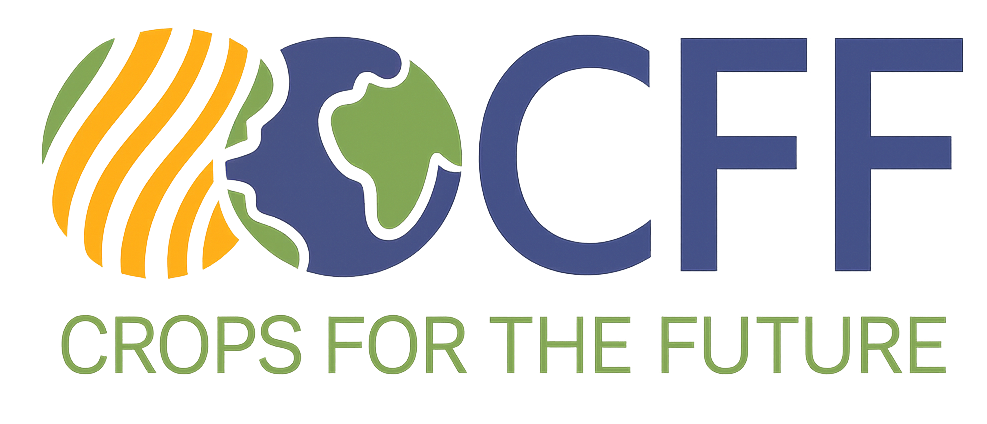The International Center for Biosaline Agriculture (ICBA) features an insightful article by Preeti Jha, originally highlighting how just four crops—wheat, maize, rice, and soybean—dominate global food supply, while thousands of traditionally farmed crops are sidelined. This piece underscores the critical work being done to revive these 'forgotten crops.'

Central to the narrative is the research and advocacy by Crops For the Future (CFF) in Malaysia, spearheaded by Professor Sayed Azam-Ali. The article details CFF's efforts to reintroduce and find modern applications for underutilised species such as kedondong, moringa, and bambara groundnuts.
"Anything you see here is a forgotten crop," says Sayed Azam-Ali of the abundant plants at CFF. "We're dependent on these four [major crops]. But actually there's 7,000 crops we've been farming for thousands of years. We ignore all of those."
The article emphasizes the timeliness of this mission, given the environmental impact of current food systems and the need to feed a growing global population. Forgotten crops are presented as a vital solution, offering climate resilience, high nutritional value, and a way to diversify food sources, thereby enhancing food security.

CFF's work includes not only agricultural research but also developing appealing food products from these crops to boost their marketability and overcome outdated perceptions. The success of crops like quinoa is cited as an inspiration for the potential of these once-neglected species.
By featuring this story, ICBA aligns with the growing global recognition of the importance of agricultural biodiversity and the need to invest in crops that are well-adapted to challenging environments and can contribute to healthier, more sustainable food systems.

The promotion of such crops is seen as critical for the future of humanity, advocating for dietary diversification and the preservation of agricultural heritage.
